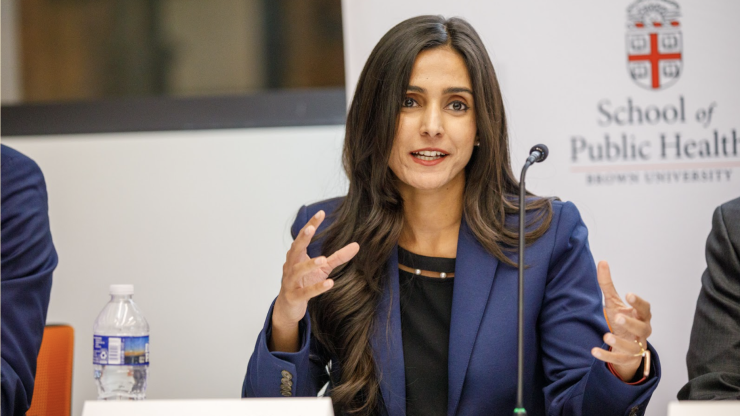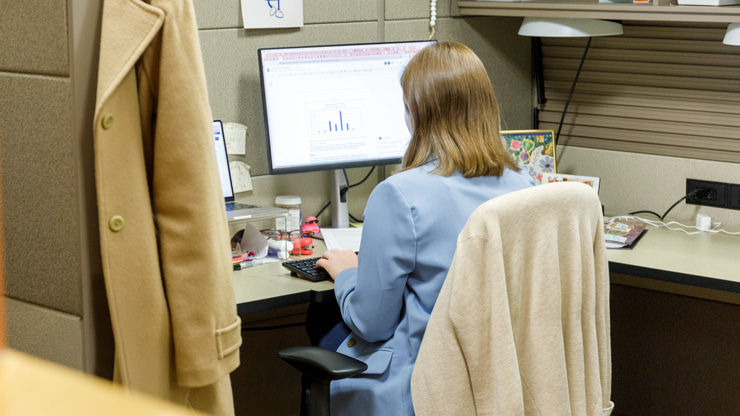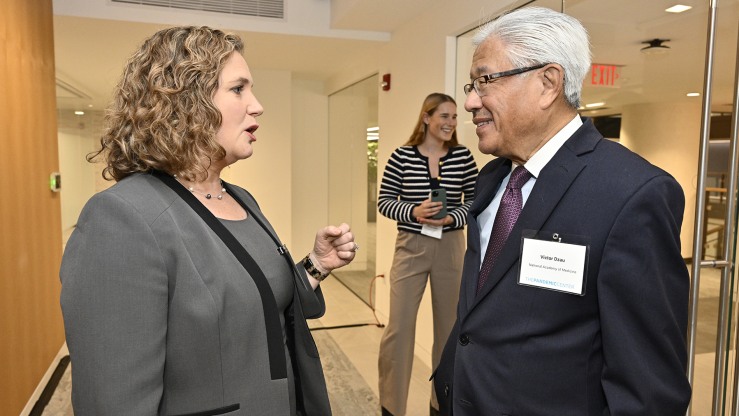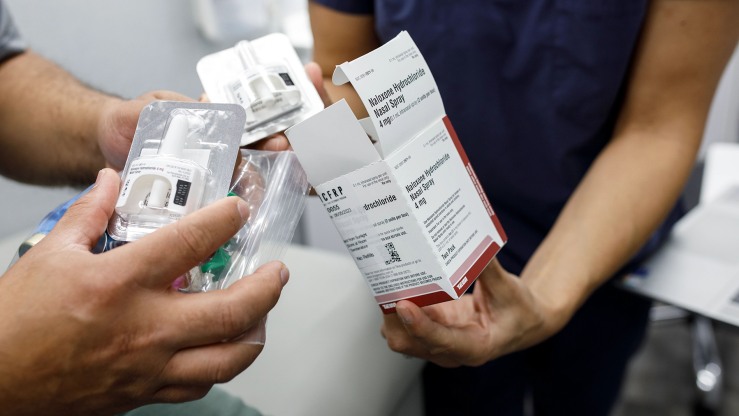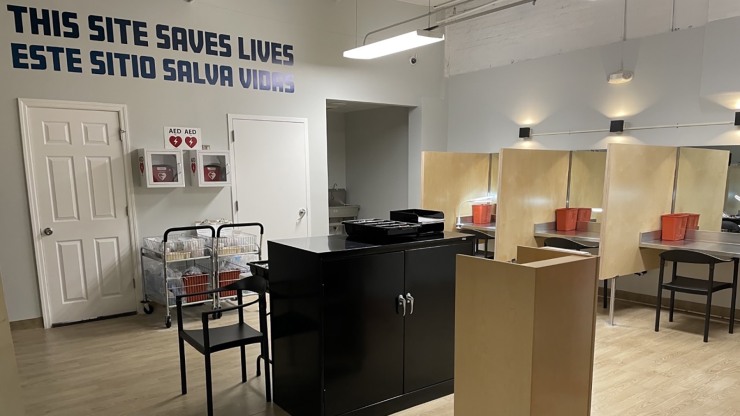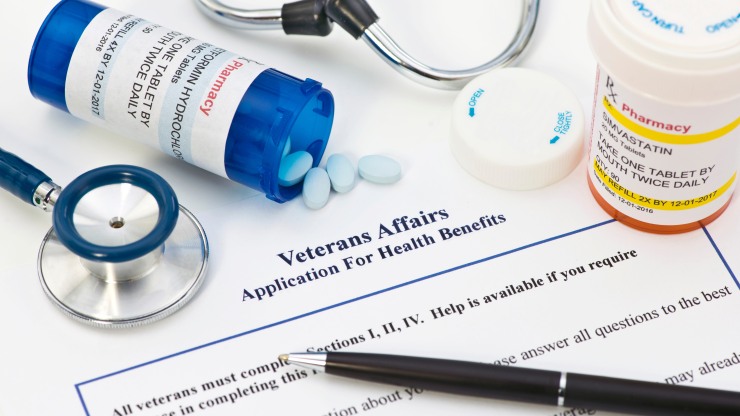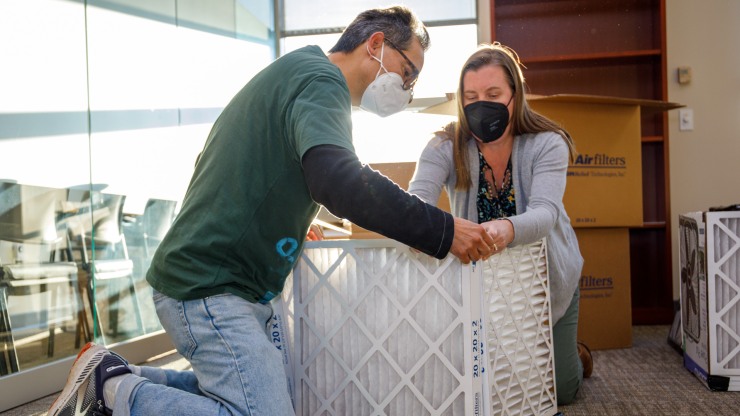Public health is public service—for at least 80 years, research at academic institutions has yielded immense returns for our economy and society. We’re proud to be a trusted partner with federal and state governments, foundations and companies in the cooperative effort to advance human health.
Research
Our researchers are passionate about helping people live longer, healthier lives. Our school serves as a hub of innovation and collaboration, bringing together brilliant minds to tackle today’s most pressing public health challenges.
Research
Our researchers are passionate about helping people live longer, healthier lives. Our school serves as a hub of innovation and collaboration, bringing together brilliant minds to tackle today’s most pressing public health challenges.
Why Our Research Matters
Driven by a desire to ease suffering and create healthier futures, researchers at the School of Public Health create solutions to improve the lives of individuals and communities. They tackle issues that impact us all, such as reducing overdoses, preparing for the next pandemic, improving care for aging loved ones or giving every child the opportunity to grow up strong and well. Through the rigorous application of data and evidence, they act quickly to address new health threats and work diligently to help everyone live longer, healthier lives.
Explore our Research Impact
Collaboration is really at the heart of our work—at the School of Public Health, our research is a collaborative effort between behavioral scientists, data scientists, policy analysts, students, clinicians, and many other diverse stakeholders at Brown and beyond. We come to the field of public health because we want to improve the health of people in our community and throughout the world, and every successful public health intervention is built upon a foundation of rigorous research.

Centers, Institutes, and Labs
Areas of Research
Postdoctoral Training
Recent Research News
See all SPH research newsStudy finds outdated Medicare rule delays nursing care, wastes hospital resources
Timing is everything. Why the U.S. gets some drugs faster than other countries
Find a Researcher
Connect with experts at the Brown University School of Public Health.











